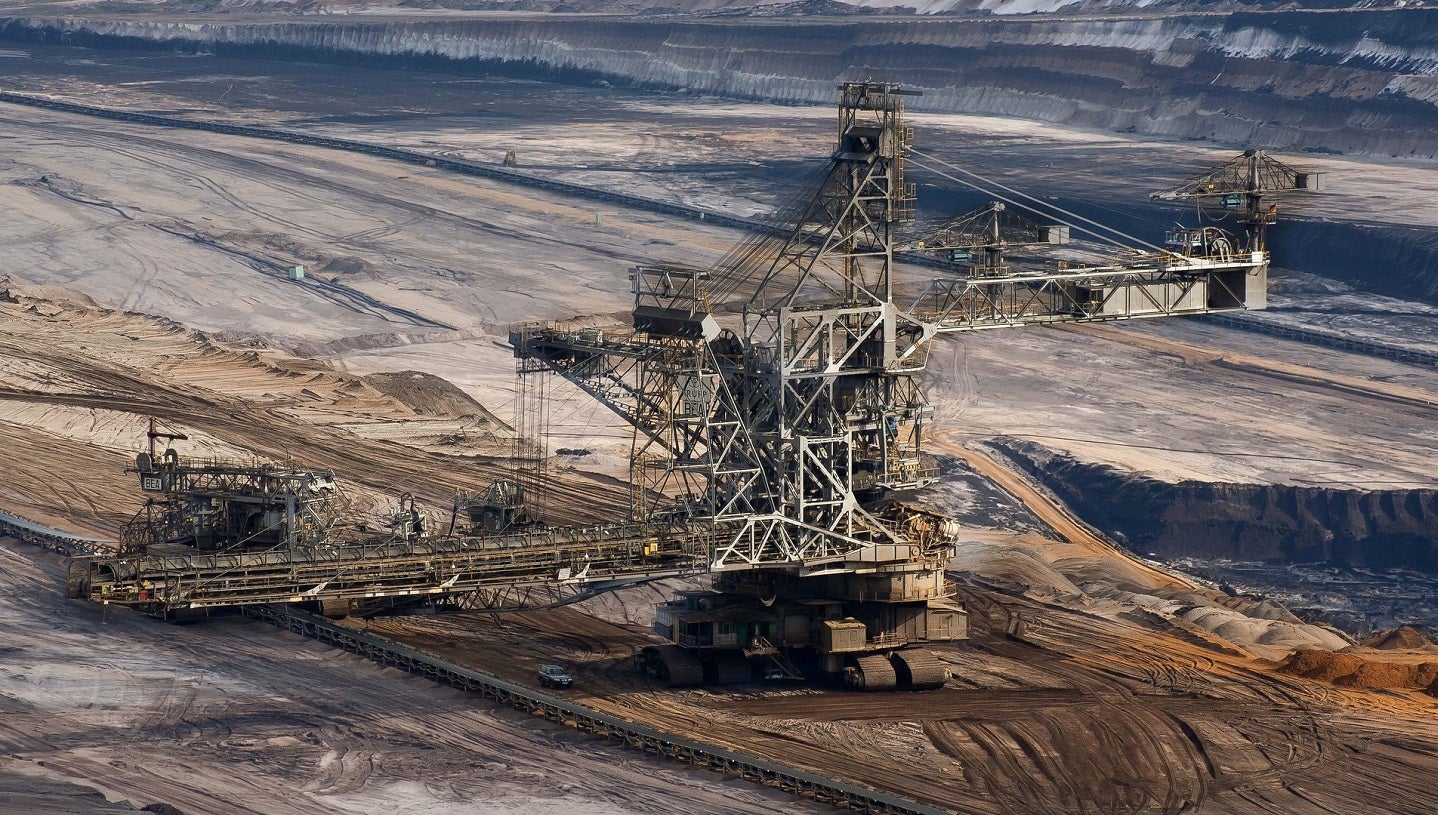
The US Department of Energy (DOE) has offered up to $450m to advance clean energy projects on current and former mine sites to help combat climate change.
As many as five clean energy projects will receive the funds through the Bipartisan Infrastructure Law. At least two of these projects will be solar plants.

Discover B2B Marketing That Performs
Combine business intelligence and editorial excellence to reach engaged professionals across 36 leading media platforms.
The funding is expected to revitalise energy communities, create good-paying jobs, and improve public health, the DOE said.
The US Government intends to repurpose 17,750 mine land sites located across 1.5 million acres for clean energy projects.
This would result in installing up to 90GW of clean energy, which is enough to power nearly 30 million homes.
DoE’s Office of Clean Energy Demonstrations, which manages the ‘Clean Energy Demonstration Program on Current and Former Mine Land’, will finance up to 50% of the cost of each project, ranging from $10m to $150m.

US Tariffs are shifting - will you react or anticipate?
Don’t let policy changes catch you off guard. Stay proactive with real-time data and expert analysis.
By GlobalDataUS Secretary of Energy Jennifer M Granholm said: “Deploying clean energy projects on America’s mine lands will unlock new opportunities for energy communities that have helped power our nation for generations, especially those in rural areas that have been the most affected by the energy transition.
“Thanks to President Biden’s Investing in America agenda, mining communities across our nation can access an unprecedented level of new funding to ensure they can help lead our clean energy future.”
In a separate development, the US DOE has pledged to provide $16m to the University of North Dakota and West Virginia University to complete design studies for a domestic critical minerals production facility
The full-scale domestic demonstration refinery will be equipped to extract rare earth and other critical minerals from coal ash, acid mine drainage and other mine waste.
The project is expected to help the US in strengthening supply chains, reduce reliance on China, and revitalise energy communities.





